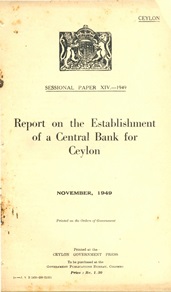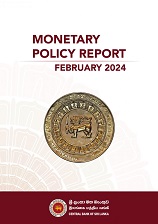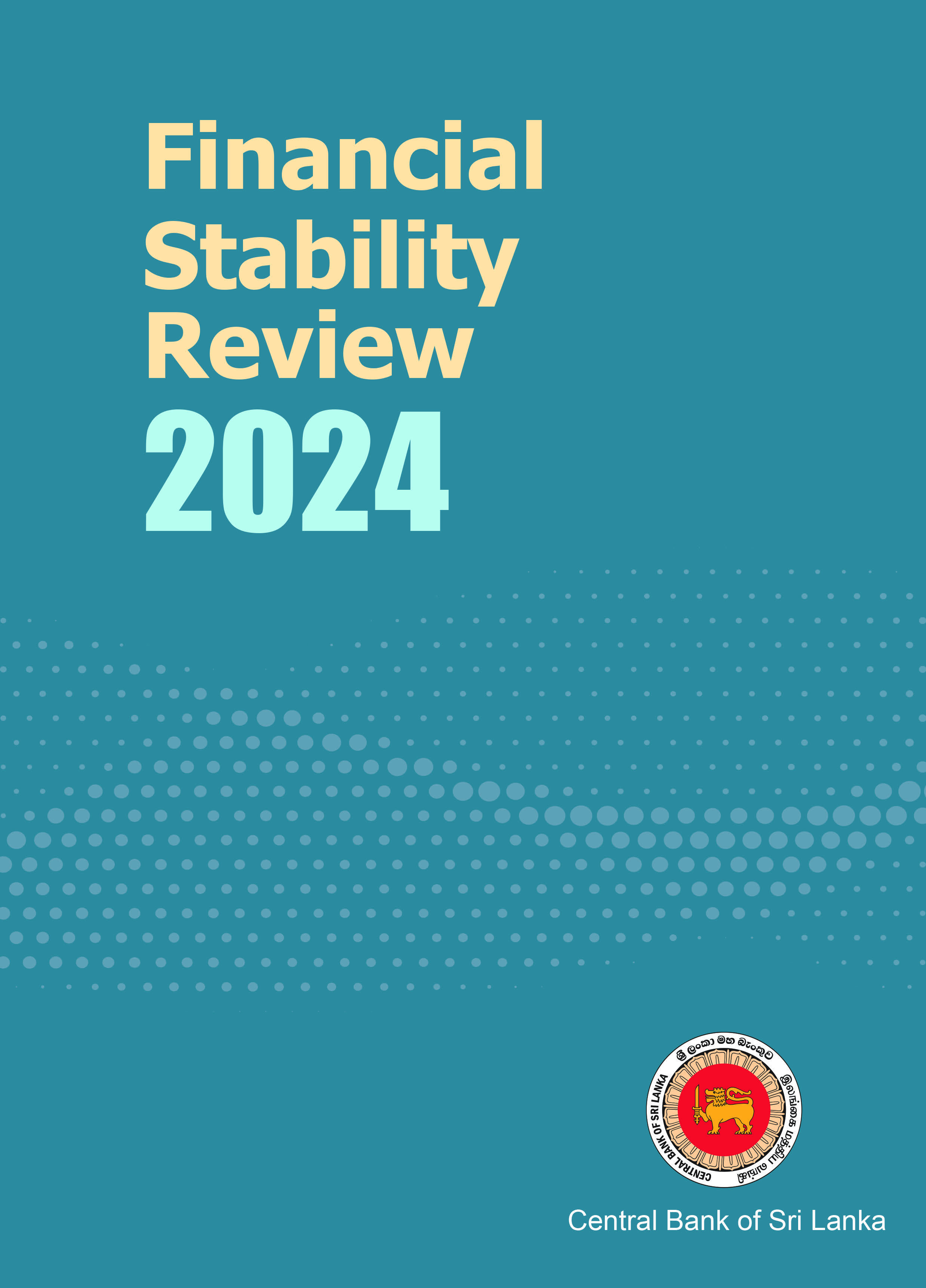Introducing another feature for the investments and to enhance the awareness of investors in the Government Securities (‘Customers’ of the LankaSecure System), the Central Bank of Sri Lanka which operates and maintains the LankaSecure System has introduced an SMS/ Email Alert Service from 25th March 2019.
The SMS/ Email Alert is a service that sends real-time notifications to investors in Government Securities for each and every movement of scripless securities in Customer’s Securities Account(s). In other words, customers receive a notification (SMSs from “LankaSecure” and emails from “no-reply@cbsl.lk”) immediately after a transaction in their Securities Account which is also known as CDS account.

















